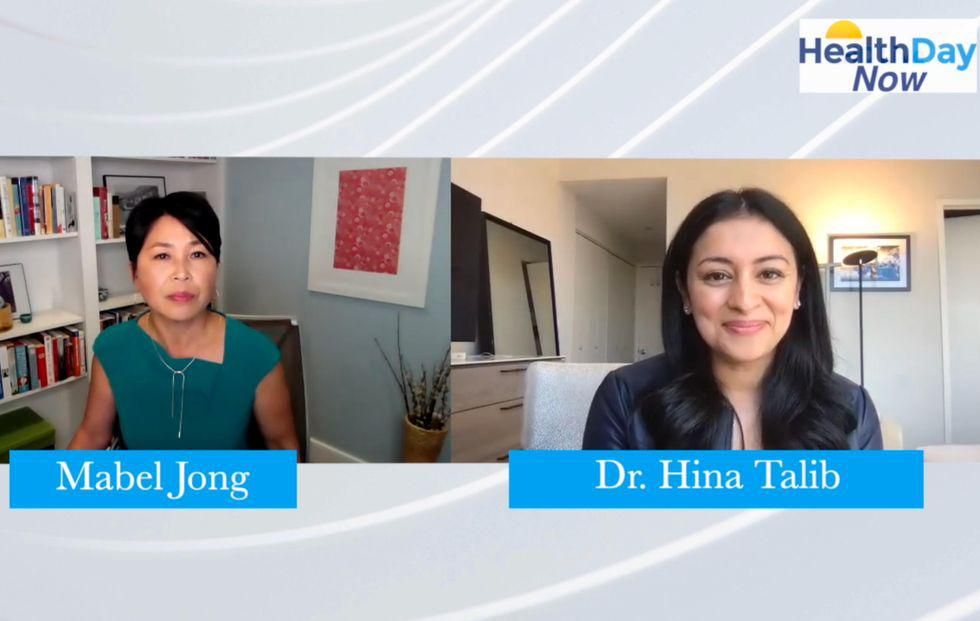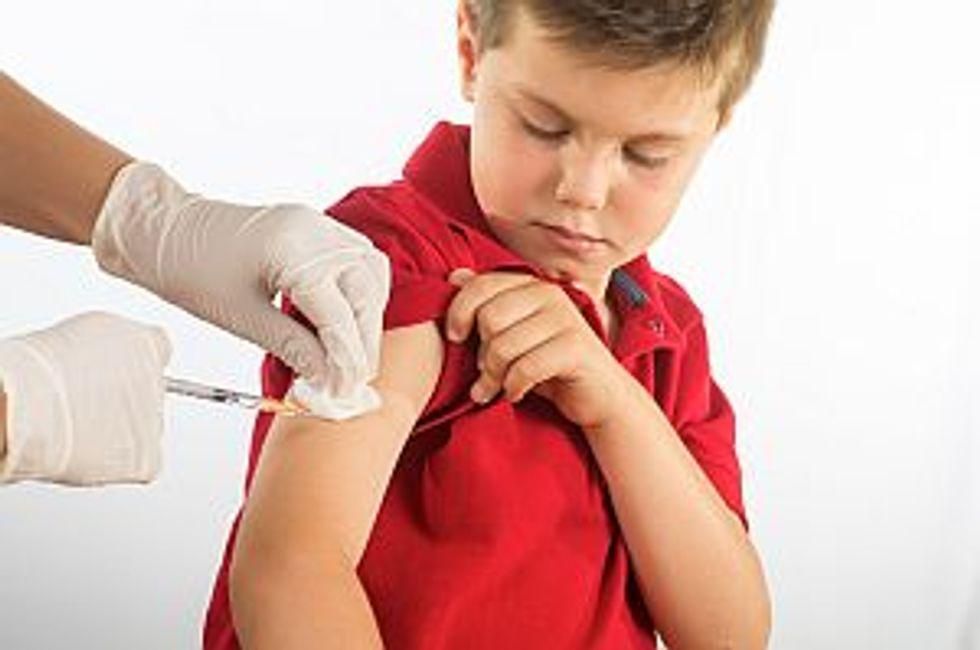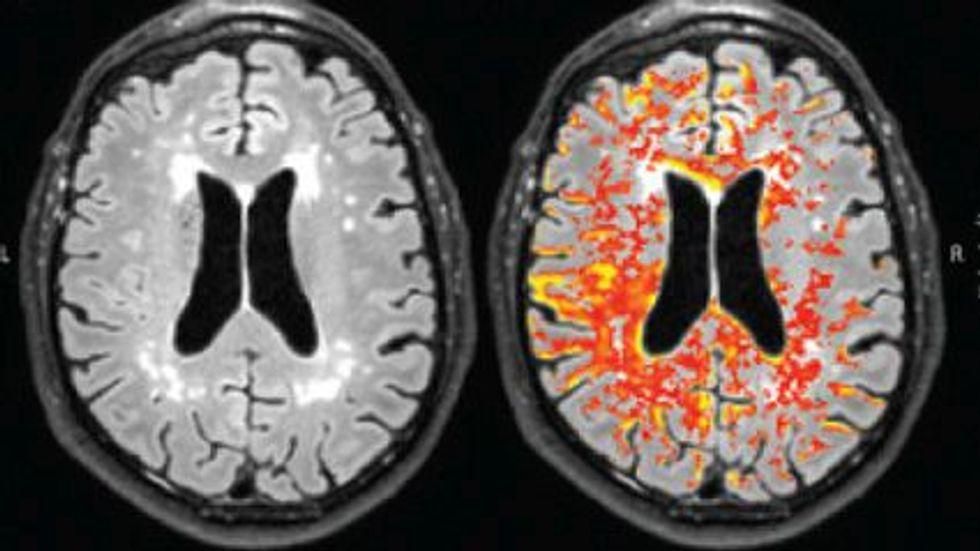
Many health experts hailed the recent approval of the Pfizer vaccine for those aged 12 to 15, but some parents have been hesitant to take their kids in for a shot. “Parents naturally worry more about their children than they do about themselves — I think that’s parenting defined,” said Dr. Hina Talib, a pediatrician… read on > read on >






























